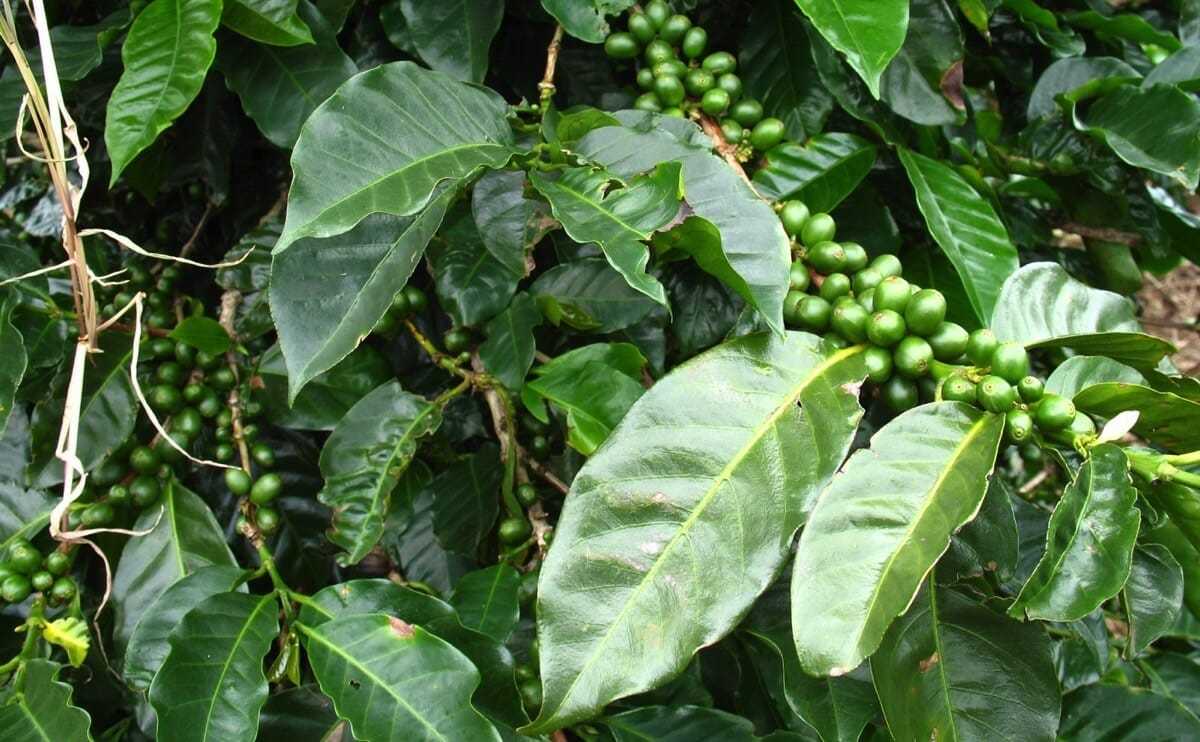MILAN – The European Food Safety Authority (EFSA) – based in Parma, Italy – has given the go-ahead to a notification to place coffee leaf tea on the EU market as a traditional food from a third country under the 2015 novel foods regulation (2015/2283).
Coffee leaf tea has been traditionally consumed for hundreds of years in Ethiopia and Indonesia.
In 2012, researchers from France and England tested 23 species of coffee plants for their antioxidant potential. Published in the journal Annals of Botany, the study revealed that coffee leaves contained a very high concentration of chlorogenic acid, an antioxidant that’s also found in coffee beans. (Tea leaves contain a different type of antioxidant.)
Arabica coffee leaves were found to have the highest level of mangiferin, a phytochemical that was first extracted from mangoes.
This phytochemical has been studied for cardiovascular benefits, anti-inflammatory compounds and protective aspects for heart disease and cancer. A new scientific study was just conducted on coffee leaf tea and nitric oxide.
Coffee leaf tea does require dedicated production, which means that a farmer cannot harvest leaves and beans from the same plant.
However, harvesting coffee leaves, is an ongoing and permanent job, which is not limited to a specific season. This is why it can provide a secondary option for farmers who want a regular source of income that is less volatile and susceptible to fluctuating global coffee prices.















